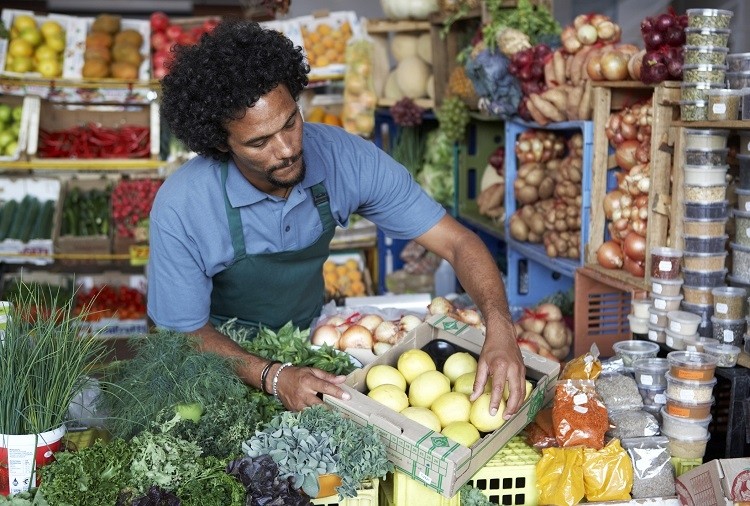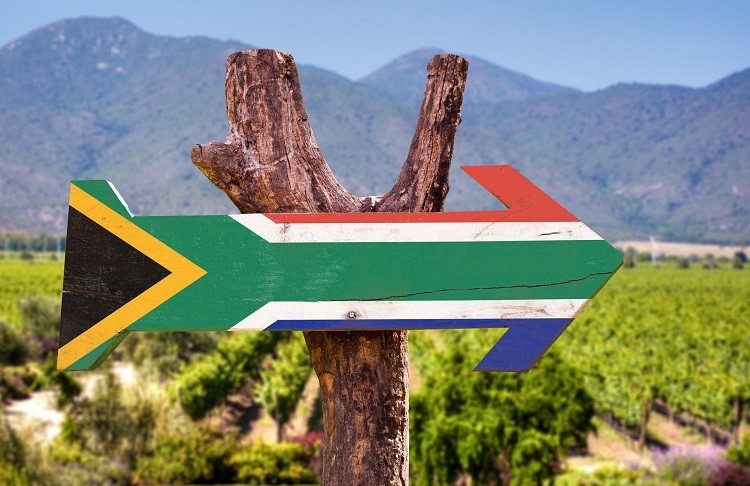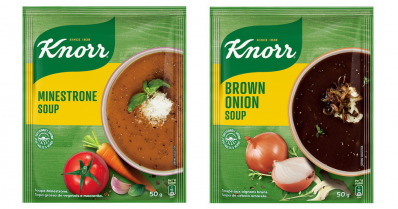Health claims in a developing country context: ‘Food labels are not a silver bullet to solve the NCD challenge’

Non-communicable diseases (NCDs) are a global concern. Accounting for 71% of deaths globally, the World Health Organization (WHO) lists poor diet as a major risk factor directly or indirectly associated with their prevalence.
Amongst initiatives proposed to improve public health, food labels come up time and time again. From nutrition labelling schemes – such as Nutri-Score or traffic light labels – to nutrition and health claims, food labels are commonplace in developed countries.
In developing countries, however, such labels can be less prevalent.
In South Africa, for example, some labelling is mandatory: food products must legally carry an ingredient list, and any product making a nutrient content claim – such as ‘fat free’, ‘fortified’, ‘lean’, ‘low’, or ‘reduced’ – is also obliged to carry a nutritional information panel.
However, specific health claims are not permitted. And no studies to date have investigated how the addition of health claims may be received in the region.
Now, researchers in South Africa and the US have sought to establish whether health claims on food labels would help or hinder South African consumers in making better food choices.
Health claim legislation pending
It is thought that more detailed nutritional information on food labels should theoretically enable more consumers to make informed choices. Using scientifically validated health claims to express nutrient benefits is one such way.
In other countries, examples of authorised health claims could include highlighting a reduced risk of cancer from eating fibre-containing grain product, fruit, and vegetables. In the US, for example, associations can also be made between dietary saturated fat and cholesterol and risk of coronary heart disease.
South Africa has made steps to adopt regulation permitting the use of health claims on food. However, its draft legislation including guidelines on the use of selected health claims, such as health benefits associated with consuming low GI foods, has been pending for years.
“After seven years in draft format, it remains unclear if this legislation will be promulgated,” noted the authors of a new study published in the journal Appetite. The insights gained from this research, noted the authors, could be useful to inform policy and decision makers concerning this pending draft legislation.
The researchers conducted ‘in-depth’ qualitative interviews with a ‘purposeful sample’ of South African professional and consumer participants, during whether they were asked to share their views and reflect on their experiences related to the use of food labels to communicate health information.
Barriers in literacy, legibility, and language
Findings revealed that a number of practical barriers to label use exist in South Africa. These barriers, noted the researchers, ‘reduce or even nullify’ the ability of labels to inform healthier food choice, irrespective of the presence of health claims on food labels.
Literacy was identified as one such barrier. According to World Bank data, the illiteracy rate in South Africa stands at 13%. Beyond reading and writing, this raises concerns that a lack of education could hinder consumer understanding of numerical data on food labels.
Legibility was highlighted as another challenge, with small font size noted as one of the most frequently mentioned barriers to label use.
In a country with 11 official languages, it is unsurprising that language presented another obstacle. While according to South African law, the information on food labels is only required to be presented in English, many labels of South African food products also include other languages not amongst the official 11, such as French and Portuguese.
As approximately 40% of South Africa’s food is sold in informal markets, rather than supermarket retailers, food products are often unlabelled, and therefore don’t provide any nutritional information at all.
The socio-economic situation of consumers was also flagged as a challenge. “The notion that consumers would make better food choices based on food label information, including health claims, assumes that seeing an alternative is an option,” noted the study authors.
A multisectoral approach
From a stakeholder perspective, concerns included conflicting interests, siloed responsibility, and enforcement challenges. “At the heart of the challenges appears to lie a poor understanding of each other’s responsibilities, as well as broken trust,” the report stressed.
For study co-author Melvi Todd, from Stellenbosch University in South Africa, there needs to be a far more integrated approach between all stakeholders to align around a common goal: that of improving public health and reducing NCDs.
“Food labels are not the silver bullet to solve our challenges with NCDs. This is especially the case in South Africa where so much food is sold without labels.”
According to the study, with some refinement, some labels can potentially prompt healthier choices, for some consumers, some of the time. Ultimately, however, any food labelling intervention in South Africa will still leave a large and increasing portion of the market behind – notably those who are marginalised.
Having a healthy population is both beneficial to government and industry, the researcher told FoodNavigator. It is good for the government, because it reduces the financial burden of disease, and is it beneficial for the food industry because ‘if people are sick and can’t work, they have less money to spend’. “It is in everyone’s interest to get our population to be healthier.”
How does Todd suggest the nation achieve this goal? “Like a business sets objectives to achieve its goal through the integration of the correct actions across all departments; so government and industry need to approach the challenge through a system’s based approach, with a strategy and goals in all areas that ultimately affect how and what people eat,” she told this publication.
Such a strategy should address food and diet related education, the availability and promotion of foods, usable labelling (beyond information that requires ‘a food science degree to interpret’), and a plan for getting healthy food to ‘people who are in dire socio-economic need’.
Food makers’ responsibility ‘goes beyond compliance’
So what does this mean for food manufacturers in particular? Todd argues the food industry needs to ‘realise that their responsibility goes beyond compliance’ – notably, labelling according to legislation.
“We live in a world where we throw the term ‘corporate citizen’ and ‘corporate social responsibility’ around, but the real corporate social responsibility of anyone making food is to give food that nourishes them.
“Just putting a label on a product and saying ‘We did put the information there’ is not okay. This also applies to food manufacturers, globally, because a massive amount of our food comes from other countries.”
Education, whether instigated by governments or food makers is also key, argued Todd.
“Good health and nutrition unlock= a person’s otential for the rest of their life. Let’s help people, including young people, understand that in tangible ways. Being told what the proportion of vegetables, carbs and proteins should be on your plate is boring and really doesn’t help anyone understand how important nutrition really is for the rest of your life.
The researcher continued: “COVID is a fantastic example of how we saw the private sector stepping in to assist with vaccines. Let’s have more of that, but for education. Education is life changing.”
Source: Appetite
‘Multi-stakeholder perspectives on food labelling and health claims: Qualitative insights from South Africa’
Published online 21 July 2021
DOI: https://doi.org/10.1016/j.appet.2021.105606
Authors: Melvi Todd, Timothy Guetterman, Gunnar Sigge, Elizabeth Joubert



























